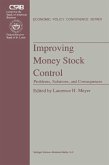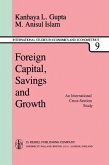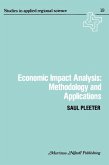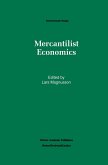Contingent valuation (CV) measures what is called passive use value or existence value. The CV method has been used to measure the benefits of environmental policy actions. CV measures of economic value rely on choice. In CV studies, choices are posed to people in surveys; analysts then use the responses to these choice questions to construct monetary measures of value. The specific mechanism used to elicit respondents' choices can take a variety of forms, including asking survey respondents whether they would purchase, vote, or pay for a program or some other well-defined object of choice. It can also be a direct elicitation of the amount each respondent would be willing to pay (WTP) to obtain an object of choice or the amount each respondent would be willing to accept (WTA) in compensation to give it up. This volume is composed of three sections. The first section provides background into the issues underlying the public and academic discussion regarding CV and the reliability of CV estimates of economic value. In addition, this section reviews the theory underlying the measurement of economic value and discusses those aspects of the theory most relevant to CV. The second section focuses on issues that have formed the core of the CV discussions including: sensitivity of WTP estimates to the size of the program offered, tests for theoretical consistency of CV results, and the sensitivity of results to context and numerous other features of the survey and its administration. The final section addresses the application of CV to actual economic valuation tasks and discusses the types of practical problems the CV researcher will encounter.
Dieser Download kann aus rechtlichen Gründen nur mit Rechnungsadresse in A, B, BG, CY, CZ, D, DK, EW, E, FIN, F, GR, HR, H, IRL, I, LT, L, LR, M, NL, PL, P, R, S, SLO, SK ausgeliefert werden.









